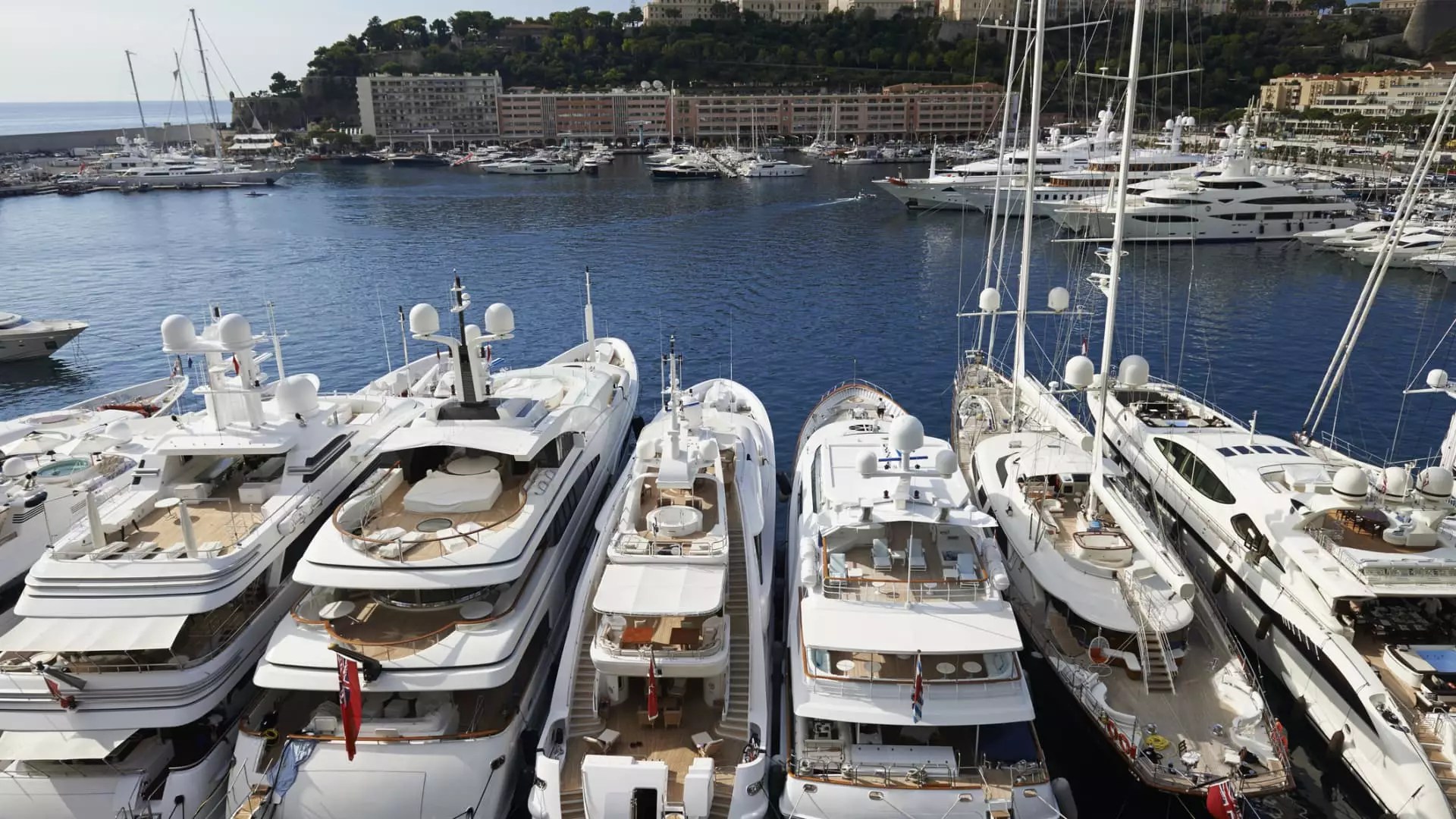Tariffs are more than mere economic tools; they embody the ideological stance of a nation and speak to its priorities. When the U.S. suddenly announces a 15% tariff on European-made yachts, it’s an aggressive assertion of economic nationalism, but one that risks alienating allies and undermining global collaboration. From a center-leaning liberal perspective, such protectionist measures seem short-sighted, favoring short-term political gain over sustainable, mutually beneficial relationships. It’s an instinct that echoes in other sectors as well, where unilateral policy decisions threaten to fragment established international trade networks. Rather than fostering growth, these tariffs seem designed to signal strength but often result in economic friction that spirals beyond initial expectations.
The Impact on the Luxury Class: Who Truly Pays the Price?
While the wealthy elite may seem insulated from economic shifts, the reality is more nuanced. The simple narrative that millionaire yacht owners will shrug off a 15% tax underestimates their financial acumen and their interest in maintaining value. Many will explore clever workarounds—registering yachts abroad, for example—which can mitigate immediate costs. Yet, this opt-out strategy reveals a deeper discomfort with the underlying uncertainty that tariffs inject into the market. For a generation of buyers, the unpredictability of costs is a risk they are unwilling to accept passively. This introduces a ripple effect: when high-end yachts become more complicated and costly to purchase or maintain, the broader economy feels the pinch. Small businesses, brokerages, and shipyards both in Europe and the U.S. face a decreased influx of wealthy clients, translating to slower economic activity in a sector that thrives on conspicuous consumption.
Strategic Maneuvers and Ethical Implications
The practice of “foreign flagging” underscores the adaptability of the wealthy in the face of economic barriers. While legal and logistical complexities are navigated with finesse, this strategic work-around exposes a crucial tension: is economic maneuvering an ethical choice or a reflection of systemic inequalities? From a liberal standpoint, the ability of the ultra-wealthy to dodge tariffs highlights a fundamental inequality—those with substantial assets and resources can manipulate the system to preserve their interests, while workers and smaller businesses bear the brunt of the fallout. It’s emblematic of a broader economic reality: policies often create winners and losers, and the latter are disproportionately less equipped to sidestep the consequences.
The Broader Response: Domestic Industry and Future Outlook
Amidst this turmoil, some see a silver lining for American yacht builders. The tariffs could incentivize a renaissance in domestic manufacturing, aligning with a vision of economic sovereignty and job creation. However, this optimistic outlook dismisses the complexity of supply chains, labor costs, and innovation capacity—factors that have historically favored established European shipyards. The hope that demand for U.S.-made yachts will surge depends heavily on market confidence and consumer perceptions of quality and prestige. It also assumes that protective tariffs will not provoke retaliatory measures, which could further isolate the American luxury market.
Ultimately, This Is a Reflection of Our Globalized Identity
The episode unfolding in the luxury yacht trade is emblematic of a society at a pivotal juncture. On one side, there is a temptation to retreat into protectionism, to prioritize national interests at the expense of global interconnectedness. On the other, there is an ethical obligation to pursue policies that foster fairness, sustainability, and shared prosperity. As a center-leaning liberal, I see this moment as an opportunity—a moment to challenge the knee-jerk reliance on tariffs and embrace a more coordinated approach that balances economic strength with global responsibility. We must ask ourselves: are we investing in a future where the European and American economies are allies, or are we drifting toward a fractured world where luxury and privilege become tools for escapism rather than connectors of shared progress? The choices we make now reveal the true nature of our values, and their impact will reverberate far beyond the confines of marinas and yacht showrooms.

